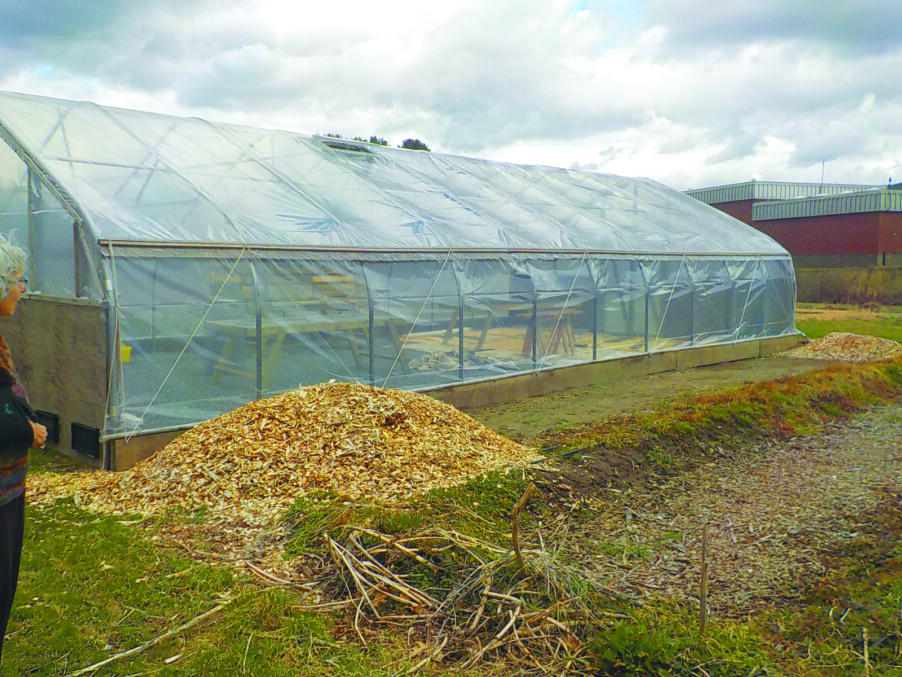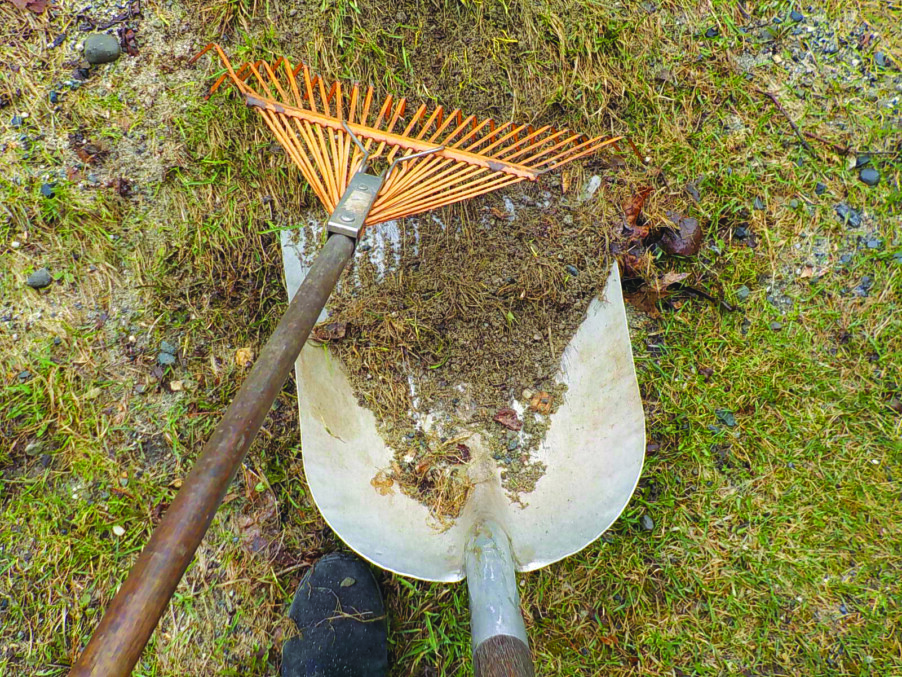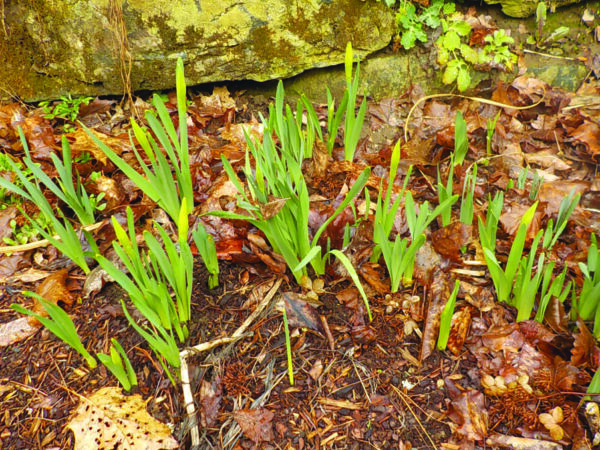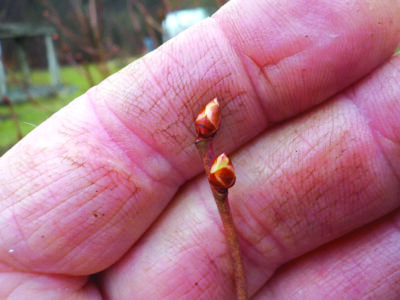Family fun for the weekend
Family chickens
Learn all about the care and keeping of backyard chickens at the Beaver Brook Association’s Maple Hill Farm (117 Ridge Road in Hollis; beaverbrook.org, 465-7787) on Friday, April 29, from 10 a.m. to 11 a.m. The cost is $25 per person (children are free but need to be registered in advance).
When the chicken class is done, stay for a hike. Find hiking trail maps and a guide to early spring flowers on the Association’s website.
Take them out to the ball game
The New Hampshire Fisher Cats continue their run of home games at Northeast Delta Dental Stadium in downtown Manchester against the Reading Fightin’ Phils through Sunday, May 1. Games through Saturday, April 30, start at 6:30 p.m.; the Sunday, May 1, game starts at 1:35 p.m. See milb.com/new-hampshire for tickets and the lineup of promotions such as the pop-it giveaway (Friday, April 29) and Princesses at the Park (on Sunday, May 1).
Kids on stage
The Palace Youth Theatre presents its production of 101 Dalmatians Kids on Saturday, April 30, at 11 a.m. at the Palace Theatre (80 Hanover St. in Manchester; palacetheatre.org). Tickets cost $15 for adults, $12 for kids.
A week of storytimes
• Bookery Manchester (844 Elm St. in downtown Manchester; bookerymht.com) finishes up its vacation week schedule of daily storytimes. Register online; storytimes are free, crafts cost $10. On Thursday, April 28, at 10 a.m. the story will be Ada and the Galaxies and the craft will be a galaxy jar. On Friday, April 29, at 10 a.m. the storytime will focus on Ralph Baer, the Manchester-based father of video games, with the book The Boy Who Thought Outside the Box.
Vacation days outings
• Squam Lakes Natural Science Center (23 Science Center Road in Holderness; nhnature.org, 968-7194) opens its public trails season on Sunday, May 1, with regular daily hours from 9:30 a.m. to 5 p.m. (last trail admission at 3:30 p.m.). The three-quarters of a mile live animal exhibit trail features coyote, fisher, foxes, bobcats, black bear, river otters, deer, owls, raptors and more, according to the press release, which recommends planning a two-and-a-half-hour visit to walk the trail, which winds through meadows, forests and march boardwalks. Admission costs $22 for adults, $20 for ages 65+, $16 for ages 3 to 15 and is free for children 2 and under.
• The Aviation Museum of New Hampshire (27 Navigator Road in Londonderry; aviationmuseumofnh.org) is regularly open Fridays and Saturdays from 10 a.m. to 4 p.m. and Sundays from 1 to 4 p.m. This week the museum will also be open Thursday, April 28, from 10 a.m. to 4 p.m. Admission costs $10 for 13 and over and $5 for 65+, children ages 6 to 12 and active military and veterans. Children 5 and under get in free and the family maximum is $30.
• The Currier Museum of Art (150 Ash St. in Manchester; currier.org) is open Thursdays from 10 a.m. to 8 p.m. and Fridays through Sundays from 10 a.m. to 5 p.m. On Thursdays from 5 to 8 p.m., admission is free as part of the Art After Work programming, when the museum features live music, tours and live music: This week, Old Tom and the Lookouts is slated to perform on April 28. Otherwise, admission costs $15 for adults, $13 for 65+, $10 for students and $5 for ages 13 to 17 (children under 13 get in free).
• The Children’s Museum of New Hampshire (2 Washington St. in Dover; childrens-museum.org, 742-2002) is open Tuesdays through Sundays, with sessions from 9 a.m. to noon all six days as well as from 1 to 4 p.m. Wednesdays through Saturdays. Admission costs $11 per person, $9 for 65+ (no charge for children under 1). (The museum has mask-required and mask-optional sessions; see the website for details.)
This week’s lineup of activities includes World Culture Thursday, when the museum features a craft or other activity celebrating a different culture around the world. On Science Fridays, kids can participate in messy experiments and activities that demonstrate a scientific concept, according to the website. These programs are part of regular admission. As of April 25, there was still availability for the 2 p.m. programs.
• The SEE Science Center (200 Bedford St. in Manchester; see-sciencecenter.org, 669-0400) is open Tuesdays through Fridays from 10 a.m. to 4 p.m. and Saturdays and Sundays, 10 a.m. to 5 p.m. Purchase reservations in advance via the website (masks are required for all visitors age 2 and up); admission costs $10 per person ages 3 and up.
• The McAuliffe-Shepard Discovery Center (2 Institute Drive in Concord; starhop.com, 271-7827) is open daily through Sunday, May 1, from 10:30 a.m. through 4 p.m. There will be four planetarium shows daily, according to the website, which recommends purchasing timed tickets in advance. Admission costs $11.50 for adults, $10.50 for students and seniors and $8.50 for kids ages 3 to 12 (admission is free for children 2 and under; masks required for visitors over the age of 2). Planetarium show tickets cost $5 per person (free for children 2 and under); see the website for the schedule of planetarium shows and for the mask requirements by day.
Save the date: for Dad
The Educational Farm at Joppa Hill (174 Joppa Hill Road in Bedford; theeducationalfarm.org) is holding a Dad & Me Expedition on Saturday, June 18, with start times at 9 a.m., 10 a.m. and 11 a.m. Meet at the farm stand and enjoy an all-ages-friendly walk in the woods, according to the website. The cost is $18 per family.






